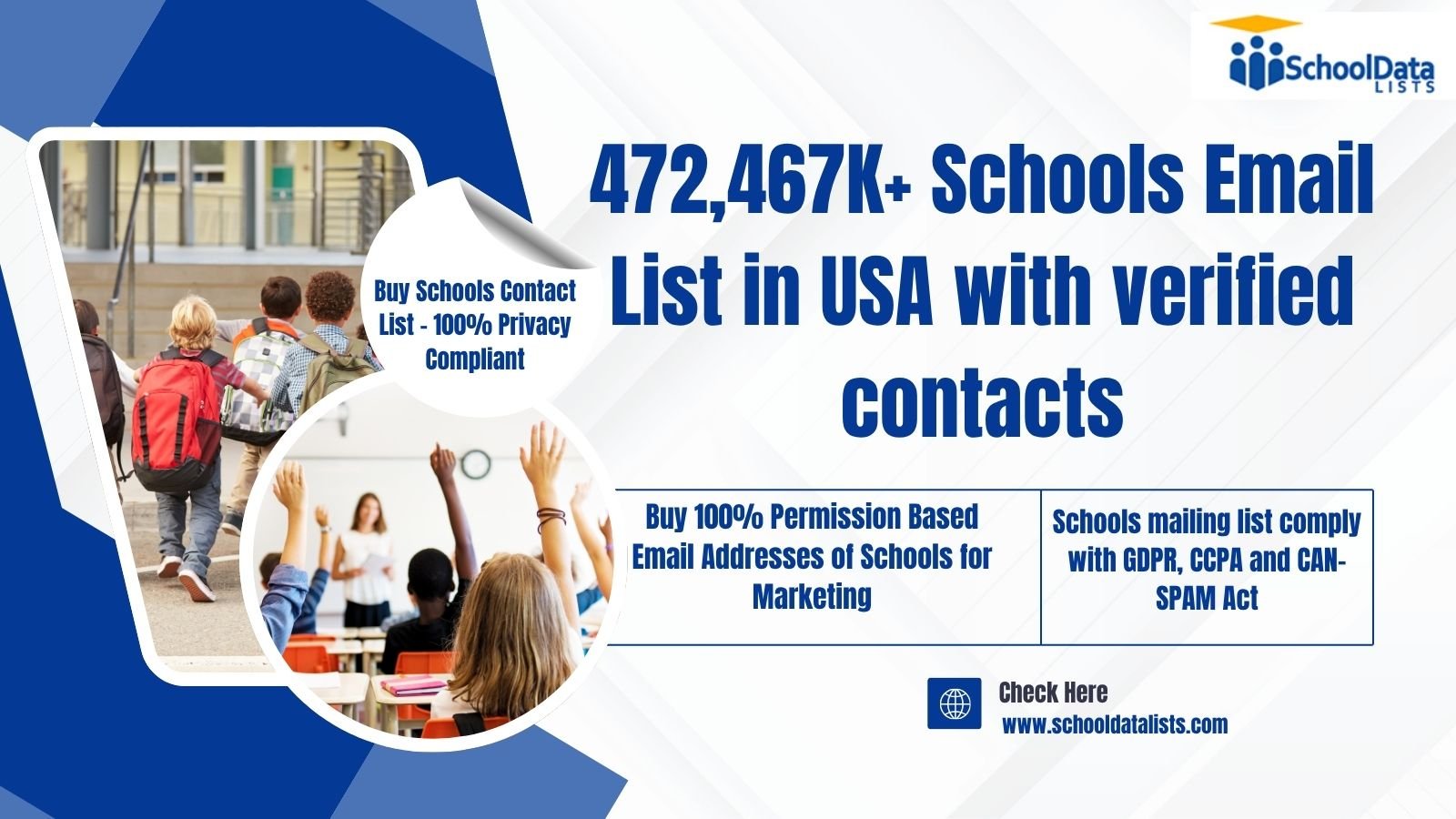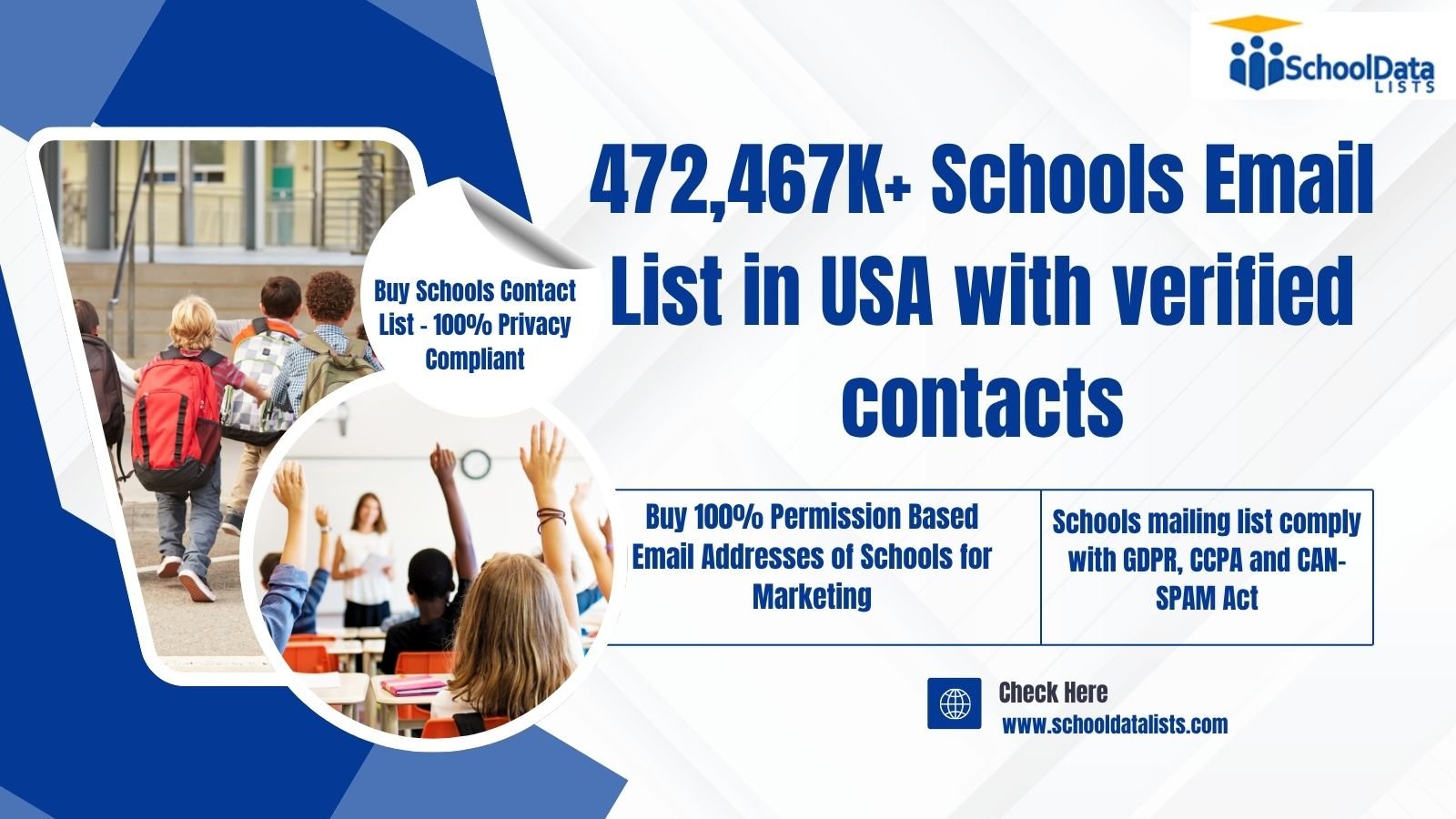Introduction to Asset Tokenization
In recent years,Assets Tokenization Development Company in USA has emerged as a game-changer in the world of finance, revolutionizing the way assets are owned, traded, and managed. With advancements in asset tokenization development services, businesses and investors can now convert real-world assets into blockchain-based digital tokens. This innovation provides greater liquidity, security, and accessibility, transforming the traditional financial landscape.
Whether you are an entrepreneur, investor, or financial institution, understanding the potential of real-world asset tokenization services is crucial for staying ahead in this evolving market. In this blog, we’ll explore the future of asset tokenization platforms, how they are developed, and why businesses are turning to asset tokenization development companies to unlock value in various industries.
What is Asset Tokenization?
Asset tokenization is the process of converting physical or intangible assets into digital tokens on a blockchain network. These tokens represent ownership and can be traded, transferred, or fractionalized, making high-value assets more accessible to a broader range of investors.
Key Benefits of Asset Tokenization
- Enhanced Liquidity – Tokenizing real-world assets allows fractional ownership, enabling smaller investors to participate in markets previously dominated by institutional players.
- Security and Transparency – Blockchain technology ensures secure, immutable, and transparent transactions.
- Faster and Cost-Effective Transactions – Traditional asset transfers involve intermediaries, high fees, and long processing times, whereas tokenized assets can be traded efficiently with minimal costs.
- Global Accessibility – Tokenized assets can be accessed by investors worldwide, removing geographical barriers.
- Smart Contract Automation – The use of smart contracts streamlines processes such as compliance, revenue distribution, and ownership transfers.
The Role of Real-World Asset Tokenization Platforms
A real-world asset tokenization platform serves as the foundation for converting tangible and intangible assets into blockchain-based tokens. These platforms ensure regulatory compliance, security, and smooth functionality while providing an intuitive interface for investors and asset owners.
Features of an Effective Asset Tokenization Platform
- Regulatory Compliance – Platforms should adhere to KYC/AML requirements and securities laws.
- Multi-Asset Support – Supports tokenization of various assets, including real estate, commodities, stocks, and intellectual property.
- Secure Wallet Integration – Ensures safe storage and management of tokenized assets.
- Automated Smart Contracts – Facilitates seamless transactions, dividend distributions, and voting rights.
- Liquidity and Exchange Integration – Enables trading on secondary markets for greater liquidity.
- Robust Security Protocols – Implements encryption, fraud detection, and cybersecurity measures.
Developing a Successful Asset Tokenization Platform
Building a robust asset tokenization platform requires expertise in blockchain technology, compliance, and security. Here’s a step-by-step guide to developing a successful platform:
1. Define the Business Model
Before development begins, it’s essential to determine the type of assets to be tokenized, target audience, and revenue model.
2. Choose the Right Blockchain Network
Selecting the appropriate blockchain (Ethereum, Binance Smart Chain, Polkadot, or a private blockchain) is crucial for scalability, security, and interoperability.
3. Smart Contract Development
Smart contracts power asset tokenization platforms, ensuring automated execution of transactions, regulatory compliance, and security.
4. Compliance and Legal Framework
Regulatory compliance is a major factor in tokenization. Ensuring alignment with global regulations like SEC (USA), FINMA (Switzerland), and MAS (Singapore) is vital.
5. User Interface and Experience
An intuitive and user-friendly platform attracts investors and facilitates seamless asset tokenization.
6. Security Implementation
Multi-layered security measures, including encryption, two-factor authentication, and real-time fraud detection, must be integrated.
7. Testing and Deployment
Thorough testing ensures a secure, efficient, and bug-free platform before launching.
8. Integration with Exchanges
To enhance liquidity, integrating with decentralized and centralized exchanges allows tokenized assets to be easily traded.
The Future of Asset Tokenization Development Services
As asset tokenization development companies continue to innovate, several trends are shaping the future of this industry:
1. Expansion Beyond Real Estate
While real estate has been a popular asset for tokenization, industries such as fine art, agriculture, precious metals, and intellectual property are now being explored.
2. Institutional Adoption
Major financial institutions and hedge funds are integrating real-world asset tokenization services into their portfolios, bringing mainstream adoption closer.
3. Decentralized Finance (DeFi) Integration
The rise of DeFi is fueling new use cases for tokenized assets, allowing them to be used as collateral for loans, yield farming, and staking.
4. Improved Regulatory Frameworks
Governments and regulatory bodies are actively working on legal frameworks to facilitate compliant asset tokenization, encouraging wider adoption.
5. AI and Automation Enhancements
AI-driven asset tokenization platforms are improving efficiency, security, and fraud detection, making the process more seamless and reliable.
Choosing the Right Asset Tokenization Development Company
Partnering with an experienced asset tokenization development company is crucial for launching a successful tokenization project. When selecting a development partner, consider the following:
- Expertise in Blockchain Development – Proven experience in smart contract development, security protocols, and blockchain integrations.
- Regulatory Compliance Knowledge – Understanding of global security laws and tokenization regulations.
- Customizable Solutions – The ability to tailor tokenization platforms to specific business needs.
- Security and Scalability – Robust security measures and scalability for future growth.
- Client Portfolio and Reviews – Evaluating past projects and client feedback can help gauge the company’s credibility.
Conclusion
The future of asset tokenization development services is bright, with immense potential to reshape industries and create new investment opportunities. By leveraging real-world asset tokenization services and asset tokenization platforms, businesses and investors can unlock liquidity, enhance security, and streamline transactions like never before.
As technology continues to evolve, partnering with a reputable asset tokenization development company can be the key to successfully navigating this digital transformation. The time to embrace asset tokenization is now—stay ahead of the curve and capitalize on the opportunities it brings.










Leave a Reply